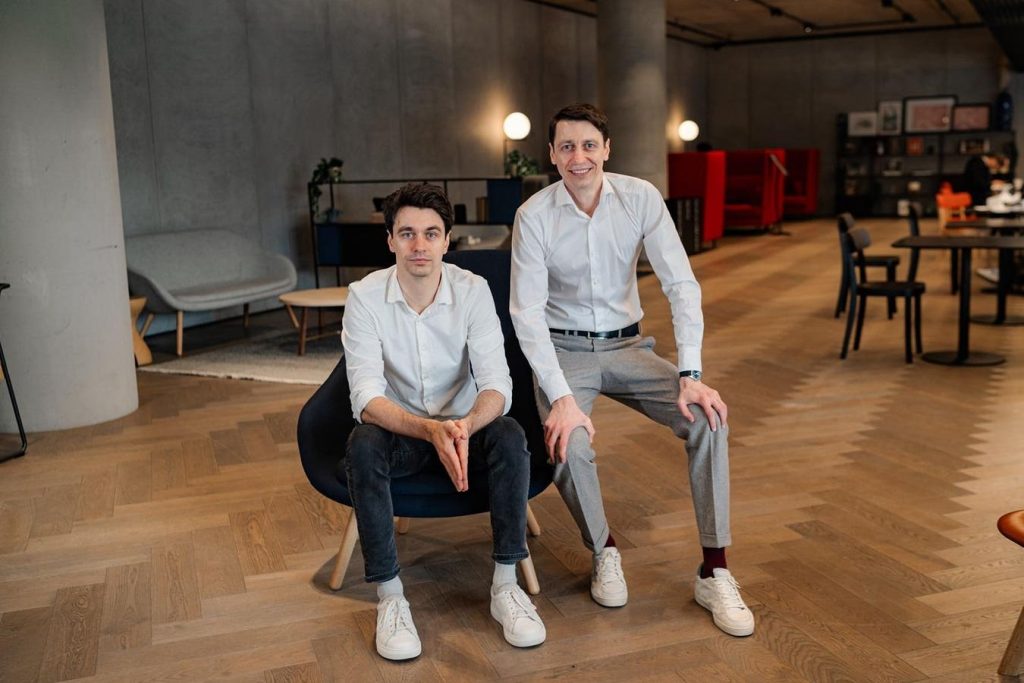Despite the ongoing devastation caused by Russia’s invasion, Ukraine’s startup ecosystem remains resilient as 79 percent of the country’s startups have survived the early stages of the war, with many new startups emerging. Investor interest in the region is evident with the launch of a £15 million fund, 1991 Ventures, headed by Ukrainian entrepreneurs Denis and Viktor Gursky, aiming to identify and invest in untapped talent in Ukraine and across Central and Eastern Europe. Companies like Reface, AI, BNext, Deel, and Libeo have benefited from investments from funds like 1991 Ventures.
The Gursky brothers, pioneers in Ukraine’s tech economy, founded SocialBoost in 2012 and the 1991 Accelerator in 2016, aiming to transition Ukraine from outsourcing to a product-oriented economy. Despite disruptions caused by the war, around 200 companies have participated in 1991’s accelerator and incubator programs. The decision to establish 1991 Ventures in London provides Ukrainian and CEE startups with the opportunity to access finance, expertise, and international markets. Ukrainian startups are looking to secure funding from European and American VCs to scale and operate in larger markets.
The Ukrainian startup sector offers a diverse range of companies spanning business-to-consumer, business-to-business, and business-to-government spaces. Notable companies like Grammarly, Preply, DressX, Goit, and Warehouse Robots have raised significant investments. There is a growing focus on miltech opportunities driven by the rise of AI, drones, and robotics, making Ukraine a potential leader in defense technology and cybersecurity. The war has posed challenges for male founders in traveling and pitching products but has also accelerated the development of skills in defense technology.
One unique aspect of the Ukrainian ecosystem is its potential for government-focused products, with a growing democracy in Ukraine providing solutions that could benefit emerging democracies like Romania and Moldova. Challenges remain, including limited access to funding and mentorship, but startups like Zibra AI continue to thrive. The connection between Ukraine and London extends beyond funding as there is a growing diaspora of Ukrainian entrepreneurs in various countries, providing opportunities for collaboration and cross-fertilization between ecosystems. As new funds emerge in Ukraine and London, the potential for growth and innovation in the Ukrainian startup sector remains strong.
The proximity of London as a financial hub offers Ukrainian and CEE startups the chance to grow rapidly, with access to finance, expertise in M&A, and international markets. The escalating miltech market driven by AI, drones, and robotics presents significant opportunities for Ukrainian and international VCs. The growth of government-focused products in Ukraine has the potential to benefit emerging democracies beyond its borders, similar to Estonia’s e-government innovations. Despite challenges caused by the war, Ukrainian startups have proven their resilience and adaptability, continuing to attract investments and thrive in a challenging environment.


